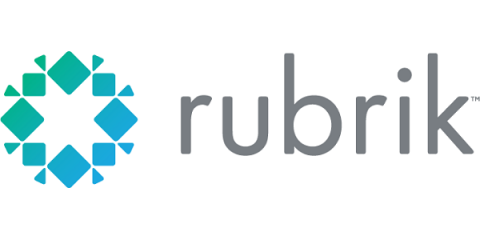5 Steps to Proving your Business Needs Bot Management
In a recent Technical Showcase webinar, Netacea Senior Data Analyst Paulina Cakalli described how businesses can quickly prove the value of bot management during a proof-of-concept (POC) or proof-of-value (POV) engagement. Evidencing the effectiveness of bot management is important because IT solutions, particularly security solutions, are often costly, require board buy-in, and can be difficult to measure in terms of success. Watch the webinar on-demand now.









